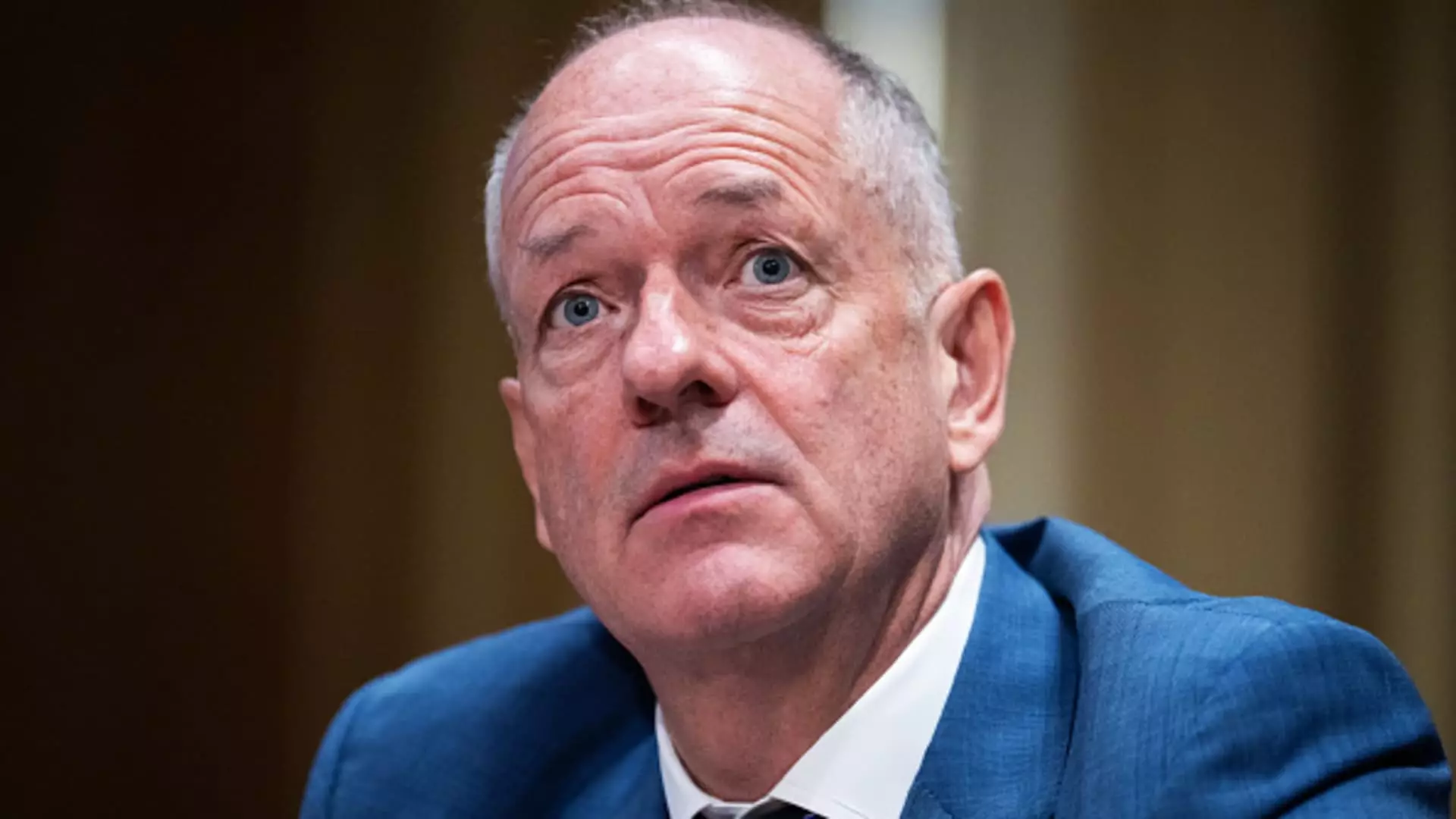The sudden passing of Brian Thompson, the head of UnitedHealthcare, marks a significant loss for both the organization and the broader health care landscape. Andrew Witty, CEO of UnitedHealth Group, reflected on this tragedy in a poignant New York Times opinion piece, expressing sorrow not only for the loss of Thompson but also for the flaws embedded within the U.S. health care system. According to Witty, the existing system is an ineffable construct—”a patchwork built over decades” that fails to function optimally for the very individuals it intends to serve. It is crucial to recognize that such a system requires not just superficial adjustments but fundamental reform.
The statement “no one would design a system like the one we have” underscores a broader recognition of public discontent and frustration with health care in the United States. Witty’s assertion that the health care system is flawed resonates with a significant portion of the population that frequently grapples with issues such as soaring premiums, lack of transparency, and outright denied claims. This broader backdrop of discontent has manifested strikingly in social media, with countless individuals sharing their struggles surrounding health insurance. The sentiment is palpable; the insurance industry is often viewed as the scapegoat for rising costs and complex administrative hurdles, leading to widespread calls for extensive reform.
Amidst the turmoil, Witty emphasized a solution-oriented approach. He outlined UnitedHealth Group’s mission to enhance the system, highlighting the need for collaboration across various stakeholders—providers, employers, patients, pharmaceutical companies, and governments alike. This call for partnership is not just a gesture; it indicates an awareness that solving the issues plaguing health care cannot fall to a single entity. It encompasses a collective effort toward better communication, clearer coverage guidelines, and an emphasis on patient safety—efforts that can restore some trust in an industry beleaguered by negative perceptions.
The circumstances of Thompson’s death are stark and troubling, allegedly at the hands of an individual with outspoken criticisms of the health care industry. Such violence highlights a dangerous level of dissatisfaction that often bubbles beneath the surface, resulting from deep-seated resentment towards an industry that many feel has failed them. The implications extend beyond the personal tragedy for Thompson’s family; they serve as a mirror reflecting the urgent need for systemic change.
Witty’s recognition of the need for reform, combined with acknowledgment of the current year’s operational challenges for health insurers, establishes a crucial moment for industry introspection. He highlighted that clinical evidence is essential behind coverage decisions, reminding stakeholders that robust data can lead to improved health outcomes. As companies like UnitedHealth Group navigate this tumultuous landscape, it remains to be seen whether genuine partnerships will develop and if the voices of patients will lead to meaningful changes in how care is delivered.
The tragic loss of Brian Thompson should serve not only as a reminder of the individuals behind institutional titles but also as a clarion call for a transformative approach to health care that meets the needs of all Americans. The dialogue initiated by Witty stands as a pivotal opportunity to re-envision the future of health care—one that prioritizes transparency, accessibility, and compassion.

